The top 10 biggest players in Scottish education this year
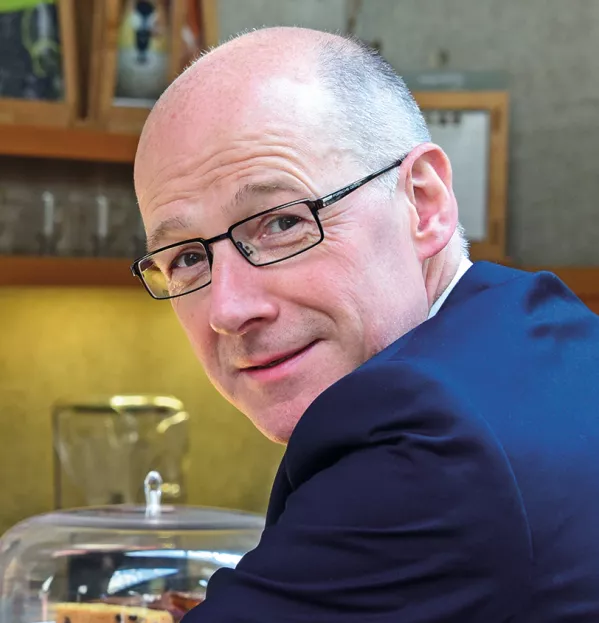
Tes Scotland Person of the Year: John Swinney
There is no doubt about the most important figure in Scottish education of 2017: it has become clear this year that education secretary John Swinney has a reforming zeal that could lead to seminal change.
Regional groupings of councils were pushed forward despite widespread fears that this was part of a centralising agenda that could hobble the local authorities that have traditionally run 96 per cent of schools. There was also the strange dalliance with Teach First, which suggested that Swinney was open-minded to schemes that chuck teachers into the classroom after a few weeks, when Scotland has traditionally preferred to cultivate them over several years and has been moving towards a master’s-level profession.
The deputy first minister and education secretary has been unapologetic in making some surprising decisions. After many had predicted that unpopular Education Scotland would have its inspection and curriculum-development functions split, it actually emerged stronger with the news that it would subsume the much-admired Scottish College for Educational Leadership. Moves to shake up the internationally-renowned General Teaching Council for Scotland also raised eyebrows.
Swinney’s appointment as education secretary in May 2016 came as a relief after the drift of Angela Constance’s tenure. Decisive, sure-footed and with the head for numbers you’d hope for from someone who had spent a decade as finance secretary, his arrival sent a clear signal that the government really was serious about education.
A few weeks in, we saw headteachers purring at his willingness to take questions and listen to their concerns, and, despite a few heckles over standardised assessment, his appearance at the annual EIS conference that June was appreciated by the union.
Swinney presented himself as a man of action and, true to his word, listened to unions’ concerns over unit assessments and quickly moved to scrap them. He promised to slash unnecessary bureaucracy and provide much-needed clarity on what was expected of teachers; soon, thousands of online pages of redundant Curriculum for Excellence advice had been binned by Education Scotland and, amid much fanfare, the National Improvement Framework was presented as a new, streamlined beginning for CfE.
In his first full calendar year in the job, however, the tide has turned quickly. The prospect of the first national teacher-led strike of teachers since the 1980s is looming and 2018 looks like the year when many councils will finally throw up their hands and say they can no longer offer education special protection from budget cuts.
Mention of Swinney’s name at teaching conferences is now more likely to prompt mutters of disdain and complaints about the breakneck rate of change. Key figures in Scottish education fear that what once looked like decisiveness now seems like a haphazard approach to policy, whereby Swinney impulsively presses one button, only to find another problem pop up all of a sudden, like a high-stakes game of Whac-A-Mole. Where they once admired his frankness, they now suggest his speeches on education are as riddled with platitudes as his predecessor’s.
There is a growing list of education initiatives for which grand claims were initially made, only for them to be quickly scaled back so that they now look half-baked at best, botched at worst. Think of standardised assessments, hailed as they key to an unprecedented national picture of what works in Scottish classrooms, now presented as a low-key diagnostic tool for individual children. Think of complaints that the hurried removal of unit assessments simply shifted workload elsewhere and snatched away a safety net for students. Think of the regional improvement collaboratives, designed to liberate teachers but which - surely to Swinney’s chagrin - will see councils retain greater authority than the government intended.
Swinney and his colleagues will be under unprecedented pressure next year. Any administration that has been in power for over a decade shows signs of creaking, but the stakes for the Scottish government could not be higher: with strong doubts over whether there will be a pro-independence majority after the 2021 parliamentary elections, the next few years could be the last chance in decades for the SNP to achieve its core aim. And how the government navigates the unpredictable and labyrinthine challenges posed by Brexit is, of course, critical to the prospect of another referendum.
In other words, now more than ever, Swinney would like education to be ticking over quietly. But 2018 could see Scottish education mired in more turmoil than it has been in for decades - and it is Swinney himself who has set in motion much of the upcoming change.
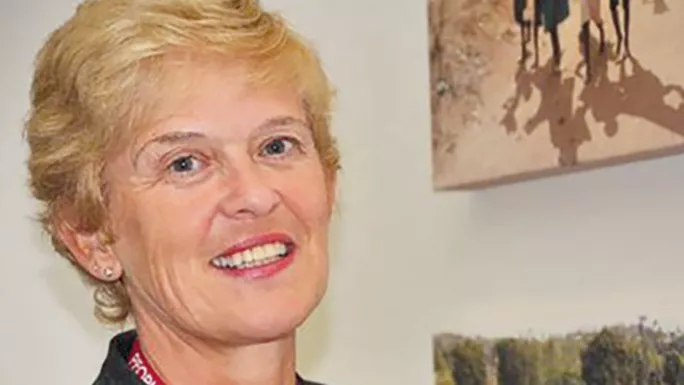
Fighting bureaucracy: Maureen McKenna
Because Scottish education is a small world, sometimes even those in positions of power are reluctant to raise their heads above the parapet.
Not so Maureen McKenna, who has just been voted in as president of the Association of Directors of Education in Scotland, unopposed for a second two-year term. McKenna tells it as she sees it.
Whether that involves telling heads that refusing to take teachers on compulsory transfers is a “double-edged sword” that could result in a logjam of staff in schools; stamping out the threat of teacher strike action in three of her secondaries because she won’t have her young people disadvantaged; or berating the education secretary, John Swinney, to his face - as she did last month - for creating too much bureaucracy for councils with 23 consultations this year, she is refreshingly frank and jargon-free.
But McKenna doesn’t just talk a good game. She became director of education in Glasgow in 2007 and, as we reported in September, 53.5 per cent of the city’s pupils now finish S5 with at least one Higher, up from 26 per cent in 2006. Because of this, some believe that the greater autonomy for schools envisaged by the Scottish government is already happening - and yielding results - in Glasgow.
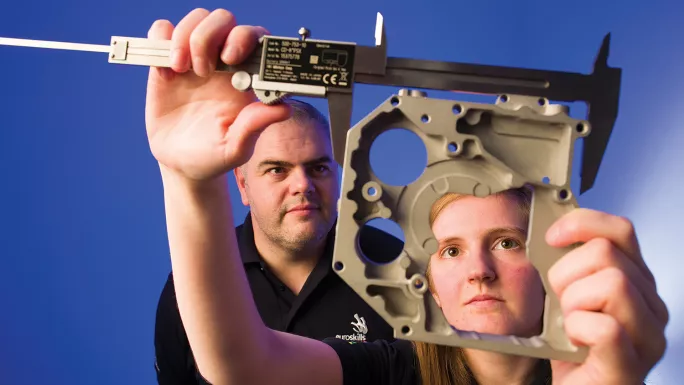
Flying the flag for FE: Betsy Crosbie
If anyone has been flying the flag for Scotland’s colleges this year, it has been Betsy Crosbie. The 21-year-old New College Lanarkshire student was one of two Scottish competitors at the WorldSkills competition in Abu Dhabi, where she was awarded a Medallion of Excellence, given to those among the 1,300 competitors who reached the highest international standard in their skill.
She was also one of only two women to compete in her particular skills - mechanical engineering (CAD - computer-aided design), having been the only female competitor at last year’s EuroSkills contest in Gothenburg, Sweden. As the education sector looks for female role models in engineering, overlooking Crosbie has become impossible.
And she is acutely aware of this. She has already given talks in schools, addressing hundreds of young people across the country, which is particularly remarkable considering the journey she has been on.
At the Skills Show in Birmingham this November, she was awarded the Douglas Hill Award for the greatest leap in skill and personal development among Team UK for WorldSkills.
In only a couple of years, she has developed from a shy student to a confident ambassador for Scottish FE. In a sector caught up in finance and governance issues for much of 2017, Crosbie stands out as a true success story - and one to watch in the coming years.
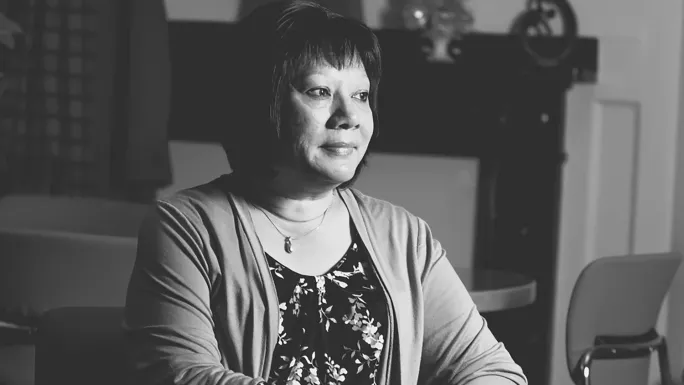
Defender of teacher education: Rowena Arshad
In May, it was widely reported - after evidence was presented in Parliament by a few student teachers - that many teachers struggled with essentials such as teaching maths in primary school.
Following the inevitable media furore, Dr Rowena Arshad, head of the University of Edinburgh’s school of education, in her usual measured but robust way, pointed MSPs towards evidence that, actually, initial teacher education (ITE) was “operating well and effectively”.
In a year when the Teach First controversy (see below) showed that the government was willing to consider dramatic changes on how teachers are produced, Arshad emerged as the most high-profile defender of the Scottish model of ITE. Yet, while Arshad and her ITE colleagues resisted Teach First, she is attuned to shifting trends, telling MSPs that, for example, education must adapt to young teachers who are far more likely to move between countries than their predecessors. And her university came up with one of the boldest ITE innovations: a Master’s through which graduates will qualify to work in both primary and secondary.
She is also leading calls for a more diverse mix of teachers in Scotland: 2016 government figures showed only 1 per cent identifying as “minority ethnic”, and Arshad wrote an unflinching Tes Scotland article about the need to tackle “everyday racism” faced by teachers.

Teach First controversy: Prince Charles
It’s been a bizarre year in Scottish politics. Kezia Dugdale made a career jump from Scottish Labour leader to I’m a Celebrity ...Get Me Out of Here!, while former first minister Alex Salmond faced accusations of being a patsy for Vladimir Putin by hosting a chatshow on Russia Today.
Then there was the equally headscratching news that Prince Charles had been meddling in how Scottish teachers should be trained. The Guardian and FE lecturer and former schoolteacher James McEnaney jointly reported that the future king had, on behalf of Teach First, the controversial teacher-training charity that he helped to set up in England, started lobbying the Scottish government in 2012.
The Scottish government’s encouragement of Teach First to make inroads north of the border - first revealed by Tes Scotland in June - always looked likely to come to nought. Scottish universities, unsurprisingly, pulled up the drawbridge on an approach that sends recruits into classrooms with just a few weeks’ training. Of course, Teach First has since declined to bid for a tender to run a fast-track training route in Scotland.
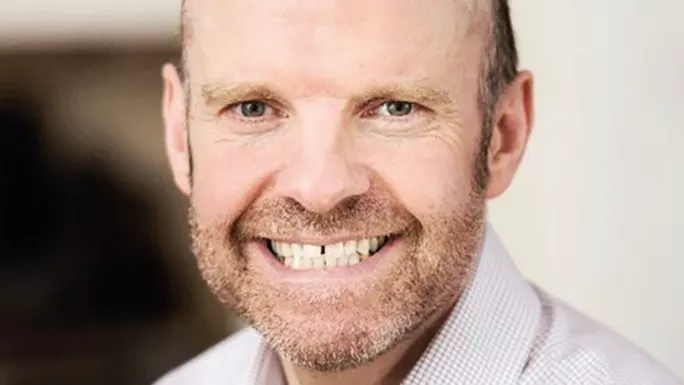
Helping pupils in care: Iain MacRitchie
“It’s just a listening ear, somebody to tell them what’s possible and give advice,” says Iain MacRitchie of a project credited with transforming the educational prospects of many young people. Born and bred in Glasgow, he has had a long career as a businessman and entrepreneur. He makes it into Tes Scotland’s list this year because of his philanthropic work and ambition to match all disadvantaged young people - particularly those who have experienced care - with a mentor.
The work started in Glasgow’s St Andrew’s Secondary in 2007. The mentoring programme, MCR Pathways, is now in 26 of the city’s secondaries, with the goal that all 30 will be involved by January.
Mentors can be anyone from taxi drivers to company bosses. They commit to meeting an S3-6 pupil for an hour a week, for a minimum of a year. The mentoring activities are managed by a full-time coordinator based in each secondary school.
While 48.8 per cent of care-experienced young people in the initial 10 Glasgow schools went from school to university, college or employment, in 2014, by last year that figure had risen to 81 per cent for mentored young people.
MacRitchie, after seeing rapid expansion of the programme in Glasgow recently, now wants the scheme to be a blueprint for the whole country.
Earlier this year, a similar £1 million mentoring scheme was launched in Dundee, and it could be in every Dundee secondary school by 2019.
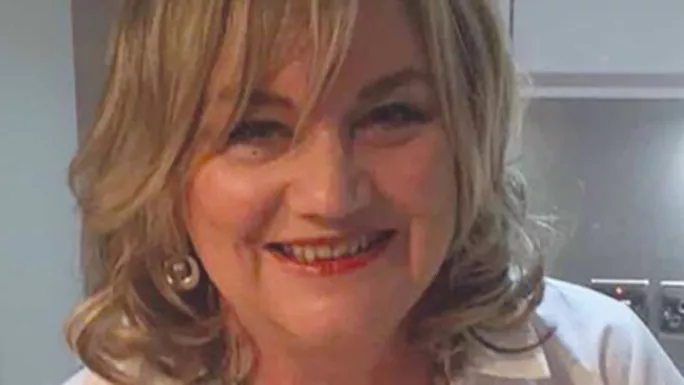
Excellence in headship: Lindsey Watt
The Scottish government introduced its Robert Owen Award for inspiring educators in 2013, but this year was the first time it went to a Scottish heidie.
Lindsey Watt became headteacher of Castleview Primary, in one of the most challenging areas of Edinburgh, in 2005, when the school had recently been judged only “fair” in terms of curriculum, English and maths attainment, and self-evaluation. In 2013, it became only the second institution to be rated “excellent” for curriculum since the introduction of Curriculum for Excellence. Watt will retire soon but, as well as a transformed school, she is leaving behind a trail of new school leaders in her wake - since March 2017, five members of her leadership team have moved on to other leadership posts.
Watt is not alone, and there are inspirational headteachers - and teachers - in schools all over Scotland. Her award represented overdue recognition for the sterling work that teachers are doing in schools across the land.
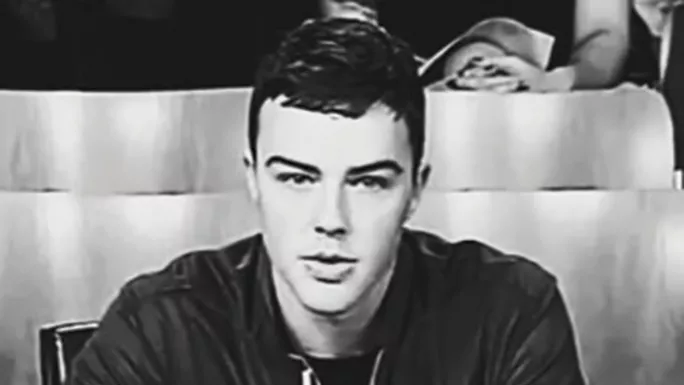
Champion of LGBT education: Jordan Daly
This is perhaps the most chilling sentence ever to appear in Tes Scotland: “At 12 years old, I had chosen the tree that I was going to hang myself from.”
Those words in an article by Jordan Daly recalled the time, little more than a decade previously, when he was struggling to come to terms with being gay and was “convinced there was only one way out”.
Daly has been the public face of the TIE (Time for Inclusive Education) campaign since its launch in June 2015. In a parliamentary vote in February, most MSPs backed TIE’s proposals for education, reportedly making the Scottish Parliament the first in the world to indicate majority support for the teaching of LGBT issues in schools.
On visiting schools, Daly had been “alarmed” by how little progress had been made since his schooldays: there were some “wonderful teachers with a passion for inclusivity” but he was dismayed by inconsistency of support for LGBT pupils and to find bullying still rife.
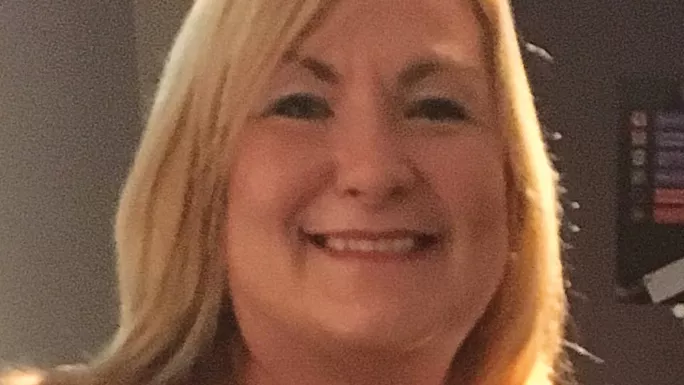
Forging alliances: Gayle Gorman
Gayle Gorman has just been appointed Scotland’s chief inspector of education. Before that, she was the lead for the Northern Alliance - which, while it sounds like some sort of union of the great Game of Thrones houses, was actually the first “regional improvement collaborative” in Scotland.
The alliance was born when six councils got together to tackle the teacher recruitment crisis and, as Gorman told Tes Scotland, it was “a coalition of the willing”.
However, the alliance was soon seized upon as best practice. Education secretary John Swinney saw the grouping of councils as a way to smooth out peaks and troughs in local authorities’ performance (and, some would argue, to exert greater control). Now every council is in one of six collaboratives, and Gorman finds herself in a top position in Scottish education.
One MSP recently told her that she had “one of the toughest jobs in the public sector”. After a few months, will Ms Gorman feel like winter is coming?

The hardened negotiator: Larry Flanagan
The general secretary of Scotland’s largest teaching union, the EIS, agreed a deal with college managers that will shape the sector for years to come.
Celebrated as a landmark win by the union, it sees all lecturers across colleges move on to a scale with a top salary of more than £40,000, with many also getting extra annual leave and fewer hours of contact time.
Flanagan’s union had arguably timed the campaign for this pay deal immaculately - with strike action in colleges in the run-up to the general election in June, political pressure meant that management had little choice but to agree.
In the budget earlier this month, the government promised extra funding for national bargaining in 2018-19. There are those, however, who believe the sector will struggle to recover from the financial hit that the pay deal represents. Colleges Scotland estimated the pay deal will cost £99 million, and the UHI colleges said the implications for them could be “very serious”.
But Flanagan is far from done in his crusade for better pay. This month, he pointed out that the deal did not include new cost-of-living pay increases for this year, and said that the union would “continue to pursue this”.
The FE sector has set the scene for the EIS campaign for schoolteacher pay, likely to come to a head again in 2018, despite this week’s settlement - with strikes not off the table.
You need a Tes subscription to read this article
Subscribe now to read this article and get other subscriber-only content:
- Unlimited access to all Tes magazine content
- Exclusive subscriber-only stories
- Award-winning email newsletters
Already a subscriber? Log in
You need a subscription to read this article
Subscribe now to read this article and get other subscriber-only content, including:
- Unlimited access to all Tes magazine content
- Exclusive subscriber-only stories
- Award-winning email newsletters